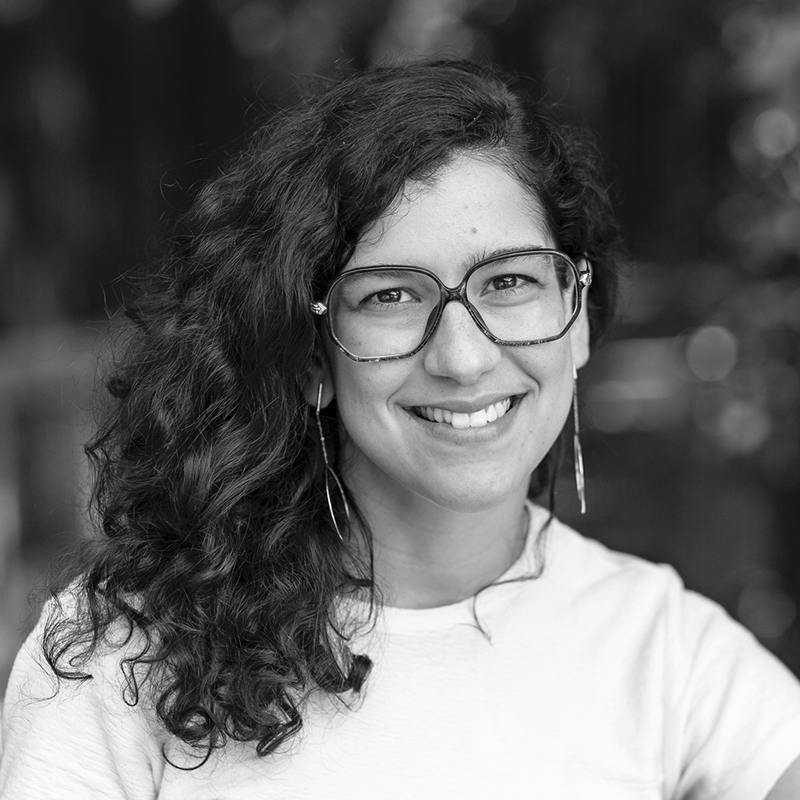About This Project
Black women have had to develop a larger vision of our society than perhaps any other group. They have had to understand white men, white women, and Black men. And they have had to understand themselves. When Black women win victories, it is a boost for virtually every segment of society.
— Angela Davis
A Voice at the Table began in 2019 as an initiative to explore Black womxn's experiences around affirmative space to build more inclusive planning and design practices towards inclusive neighborhood development. Recognizing the intersectional frameworks that Black womxn hold in our current society, this project seeks to empower Black womxn’s narratives in the urban planning and design profession—both in Roxbury and the design practice at large. While the field faces an uphill battle in diversifying its practitioners—current action must work beyond just diversifying the bodies but rather also diversifying our thinking, values, and processes towards planning and design.
Most importantly, this work was inspired by the breadth of Black womxn leaders in the Roxbury community who are at the forefront of advocacy and organizing movements for the betterment of their community. While this research is specific to Roxbury, we recognize the interconnected themes and labor Black womxn contribute to on a grander scale in communities across the United States and globally.
This research and report was sponsored by Sasaki through an internal research grant program. This development of the website was funded through a support from the MIT Office of Minority Education and PKG Center.
We would love to hear any comments, questions, or feedback. To get in touch, please contact Mel Isidor.
Definitions
HOW ARE WE DEFINING SPACE?
In the context of this study, space is defined as communal spaces—space that is used, shared, and participated in by members in the community outside of the home. These may take form as spaces for community gathering, cultural exchange, or leisure, yet not limited by an inherent utility.
Affirmative Space // spaces that are safe and supportive towards Black womxn authentically expressing themselves
WomXn // terminology that is inclusive of femme, non-binary, trans, and genderqueer people. We use this language throughout the report to encompass the spectrum of gender identities of individuals represented in this study.
Intersectionality // the interconnected nature of social categorizations (i.e. race, gender, class, sexuality) that create interdependent systems of oppression, domination or discrimination
Research Team

Mel Isidor
Research Lead
Advisors
Kai Grant
Black Market Nubian
Courtney Sharpe
Boston Office of Arts and Culture
Sabrina Dorsainvil
Boston Mayor's Office of New Urban Mechanics
Brandi BlessettUniversity of Cincinnati
Illustrations
Zulay Holland
@dulcedoscaras

Nayeli Rodriguez
Core Team
Features
ASLA 2019: Decolonizing Design: Black Narratives in Landscape Architecture
November 2019 | Project featured as part of a panel led by Breeze Outlaw to explore the experiences of black landscape architects and the relevant cultural narratives that inform inclusive academic and professional practice.
Spaceus word art Exhibition
December 2019 | A select piece was designed, drawing inspiration from the survey question, "What is one question you would pose to the community in Roxbury?" The piece was featured in a pop-up gallery in Downtown Crossing, Boston during the holiday season.
Research at Sasaki
January 2020 | Project featured in Sasaki’s first research publication highlighting a range of research of research initiatives from 2016-2019.
BCAP Fund Supports MIT Student Projects in Communities of Color
March 2020 | Project showcased via MIT Alumni to highlight support from the BCAP (BAMIT Community Advancement Program) Fund.



